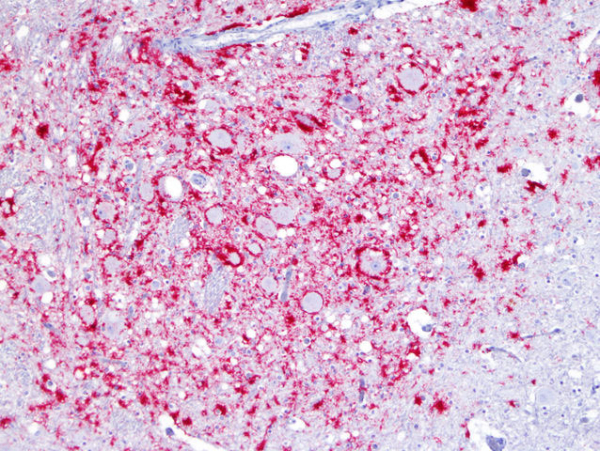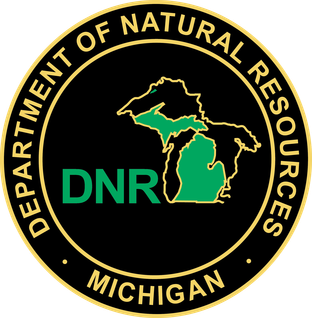MI DNR checks 1 million deer thanks to Michigan hunters’ cooperation

GW: I really feel like a partner in the effort to contain CWD, having taken 4 whitetail deer in for testing…The Michigan Department of Natural Resources has been collecting records for individual deer since 1987 – although it has been recording deer data for more than 50 years – and near the end of 2015, the DNR added its 1 millionth deer record to this database.
Michigan hunters have the opportunity to voluntarily bring their harvested deer to DNR deer check stations throughout the deer hunting season and receive a prized deer hunter cooperator patch. The data collected through this process includes age, sex and location of the deer harvested.
“Checking 1 million deer in this time frame shows the department’s commitment to collecting data from our deer herd to support science-based management, but also shows the level of cooperation by our hunters throughout the years,” said Chad Stewart, DNR deer management specialist.
Biologists analyze the data collected at deer check stations to understand how Michigan’s deer herd changes over time. The information helps the DNR understand the relationship between regulation changes, such as antler point restrictions, and the deer herd’s response.
“Having 1 million individual deer records in our dataset is impressive, and something both the department and hunters should be proud of,” said Sarah Mayhew, DNR wildlife statistician.
Checking harvested deer also supports surveillance for diseases such as bovine tuberculosis and chronic wasting disease, which benefits both the DNR and hunters.
Those hunters who would still like to check their deer harvested this season should visit a DNR deer check station by Friday, Jan. 8. For a full list of deer check stations and hours of operation, go to www.mi.gov/deercheck.
To receive the 2015 successful hunter and deer management cooperator patch, hunters are required to present a deer skull with intact antlers (if from a male deer), jaws and teeth.
Hunters who harvested a deer in the following townships are reminded that they are required to submit their deer for chronic wasting disease (CWD) testing: Alaiedon, Delhi, Meridian, Williamstown and Wheatfield in Ingham County; Bath and DeWitt in Clinton County; and Woodhull in Shiawassee County. Hunters in surrounding areas are not required to submit deer for testing, but are encouraged to do so. Hunter participation is a key component to locating the range of CWD. Learn more and get weekly testing updates at www.mi.gov/cwd.
Hunters who harvest a deer in Alcona, Alpena, Cheboygan, Crawford, Emmet, Iosco, Montmorency, Ogemaw, Oscoda, Otsego, Presque Isle and/or Roscommon counties will be asked to submit the head for bovine tuberculosis testing. For more information on bovine TB, visit www.mi.gov/bovinetb.



